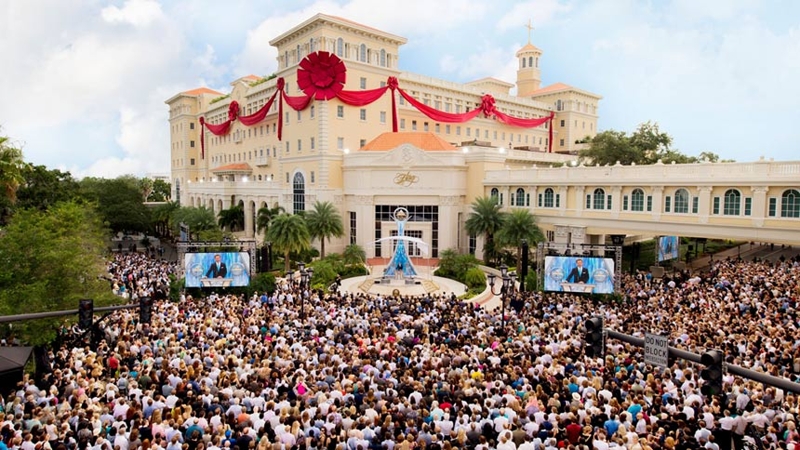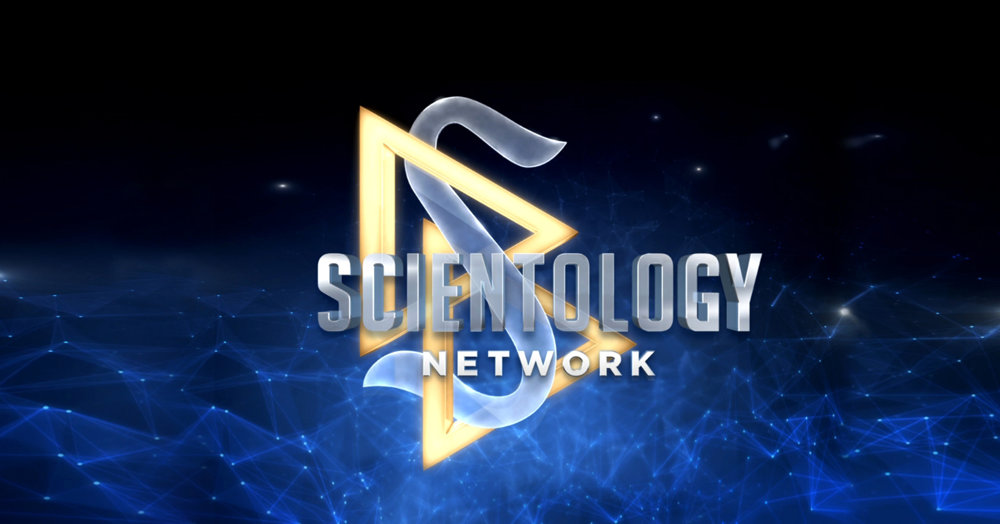Scientology South Africa: Welcoming Spiritual Growth and Personal Development
Scientology South Africa: Welcoming Spiritual Growth and Personal Development
Blog Article
The Truth Concerning the Church of Scientology Revealed
The Church of Scientology has long been a topic of both attraction and conflict, with its origins dating back to the mid-20th century. As we start to untangle the fact concerning the Church of Scientology, a clearer image emerges, revealing a story that is as interesting as it is controversial.
Beginnings and Founding
The Church of Scientology was started in 1954 by sci-fi author L. Ron Hubbard. Hubbard originally developed a self-help system called Dianetics, which later advanced into what is currently called Scientology. The origins of Scientology trace back to Hubbard's frustration with conventional psychotherapy techniques and his idea in the capacity for people to conquer past traumas and attain spiritual knowledge.
Hubbard's teachings centered around the idea of thetans, immortal spiritual beings provide in all people, and the practice of auditing, a kind of therapy focused on discovering and addressing past traumas (Scientology South Africa). These concepts formed the foundation of Scientology, which Hubbard referred to as a religion that used a course to self-discovery and individual development
The Church of Scientology promptly acquired followers, with Hubbard developing the initial official Church of Scientology in Los Angeles. For many years, the company increased globally, drawing in both committed followers and movie critics that elevated problems concerning its methods and beliefs. Regardless of disputes surrounding its origins and practices, Scientology proceeds to be a significant religious motion with a presence in numerous nations around the globe.

Beliefs and Practices
With an emphasis on spiritual knowledge and personal development, Scientology's techniques and beliefs rotate around achieving and revealing previous injuries self-discovery via the principle of thetans and the method of bookkeeping. Thetans, according to Scientology teaching, are never-ceasing souls that exist within each person. These thetans have lived through numerous past lives and have gathered adverse experiences called engrams that hinder spiritual progression. With a process called bookkeeping, Scientologists objective to address and eliminate these engrams to acquire a state of clear, without the negative effects of previous trauma.
Bookkeeping entails an individually session in between an experienced auditor and a Scientologist. Throughout these sessions, the auditor overviews the individual with a series of workouts and concerns designed to aid them confront and solve their past injuries. By doing so, Scientologists believe they can attain spiritual knowledge, improve personal growth, and reach their complete possibility as spiritual beings. The practice of bookkeeping is central to the beliefs and techniques of Scientology, highlighting self-discovery and the pursuit of a greater state of presence.
Objections and debates
Among public scrutiny and discussion, the Church of Scientology has actually faced a multitude of debates and criticisms regarding its techniques and influence on culture. One considerable factor of opinion revolves around the company's claimed economic practices, with allegations of expensive fees for solutions and aggressive fundraising strategies - Scientology Randburg. Movie critics have actually additionally elevated worries about the Church's strict ordered framework, which some former members declare cultivates a society of control and adjustment
Additionally, the Church of Scientology has actually undergone prevalent objection for its therapy of members, including accusations of forced labor, mental abuse, and the method of disconnection, where members are motivated to cut ties with friends and family critical of the Church. These practices have actually brought about different lawful challenges and examinations in multiple countries, casting a shadow over the Church's track record.
Additionally, the Continued Church's aggressive lawful methods versus media and critics electrical outlets have triggered discussions regarding freedom of speech and the limits of spiritual protection. These controversies have dramatically shaped public perception of the Church of Scientology and remain to fuel recurring arguments concerning its legitimacy and effect on culture.
Management and Framework
Exactly how does the management structure of the Church of Scientology affect its operations and decision-making processes? More Help The Church of Scientology is known for its ordered management design, which is centralized around the authority of its leader, currently David Miscavige. As the Chairman of the Board of the Religious Innovation Center, Miscavige holds substantial power within the company. This central leadership structure permits for quick decision-making and consistent enforcement of plans across the church's different branches worldwide.
At the regional level, Scientology runs with individual churches and goals, each with its very own set of leaders in charge of managing procedures within their corresponding locations. These leaders are tasked with executing the regulations stated by the main management while likewise attending to the details needs of their members.
While this ordered framework can improve operations and make sure adherence to the church's doctrines, it has additionally encountered objection for potential abuses of power and lack of transparency. Understanding the management and framework of the Church of Scientology is crucial in understanding how the company features and the characteristics at play within its rankings.
Impact and Influence
What substantial effects does the management framework of the Church of Scientology have on its members and external stakeholders? The ordered management framework within the Church of Scientology exerts a profound influence on its participants and external stakeholders.
On The Surface, the Church of Scientology's leadership structure can have a polarizing you can find out more effect on stakeholders. While some may be drawn to the organization's charming leaders and pledges of self-improvement, others might watch out for the control applied over members and the conflicts surrounding the church. This can result in a division in public understanding, with some seeing the organization positively and others expressing hesitation or criticism. On the whole, the leadership framework of the Church of Scientology plays a substantial function in forming the experiences and assumptions of both participants and outside stakeholders.
Conclusion

The Church of Scientology rapidly gained followers, with Hubbard establishing the very first main Church of Scientology in Los Angeles.Amidst public examination and discussion, the Church of Scientology has faced a wide variety of objections and debates regarding its techniques and influence on society.What considerable impacts does the leadership structure of the Church of Scientology have on its members and exterior stakeholders? The hierarchical leadership structure within the Church of Scientology puts in a profound impact on its participants and outside stakeholders. Generally, the leadership framework of the Church of Scientology plays a considerable duty in forming the experiences and assumptions of both members and exterior stakeholders.
Report this page